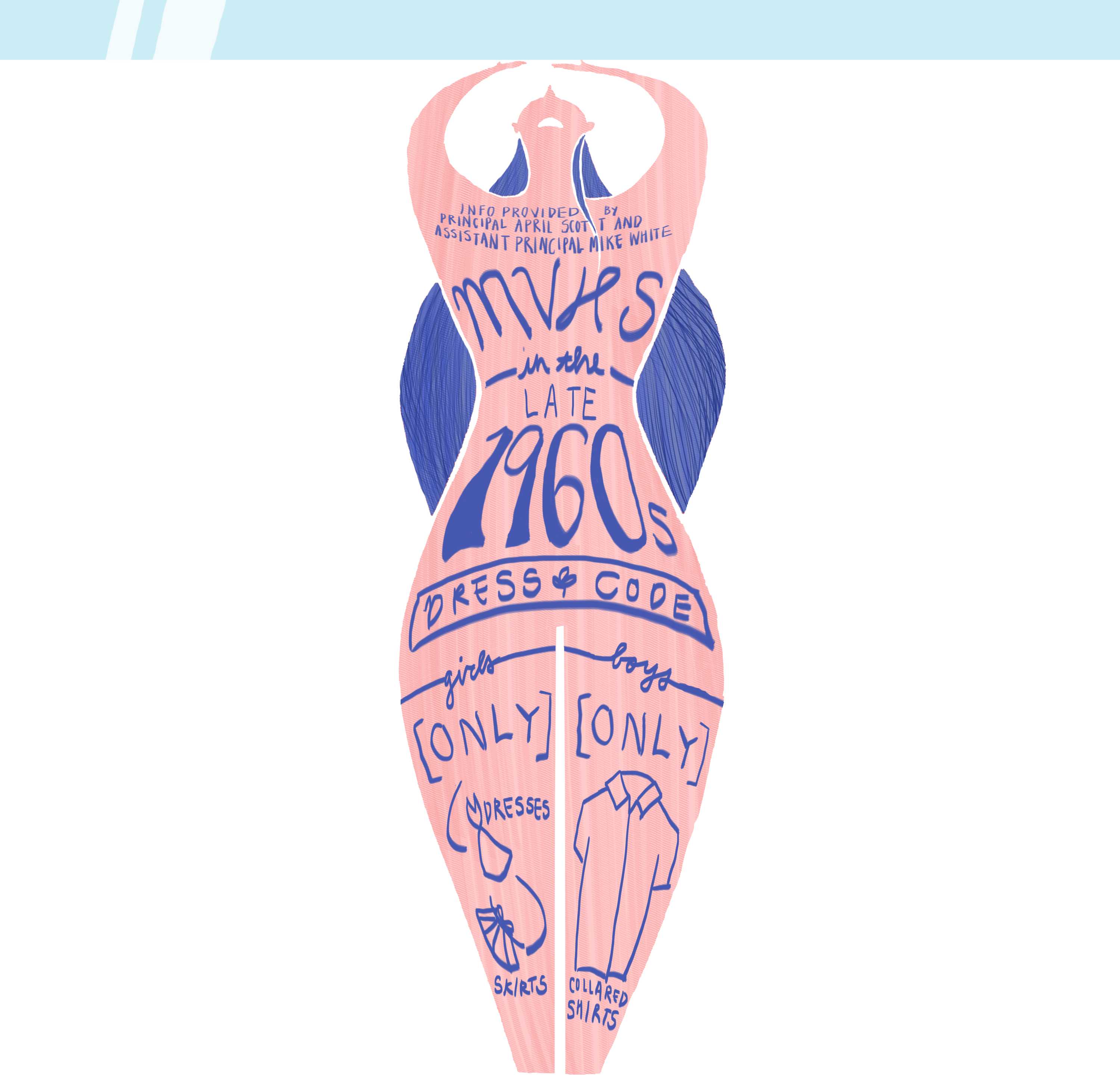Co-authored by Bill Cheng

eteran’s Day, Mother’s Day, Father’s Day: calendars across the country mark these days in red, as a tribute to unique groups worthy of celebration. The days often recognize the victories that these people have won, and hardships they’ve faced. One day in particular tends to cause skeptical amusement more than anything else.
International Men’s Day is sponsored by the Dads4Kids Fatherhood Foundation, an organization that serves “to encourage fathers, empower families and help children,” Founded on May 1, 2000 by Warwick and Alison Marsh, members of the foundation have been on speaking tours around the nation and created FathersOnline, a resource for busy fathers to find support.
The purpose of International Men’s Day is separated into six distinct sections, one of which hopes to “highlight discrimination against men.” The statement seeks to establish the inequity that men, it suggests, suffer in society. History reflects a different story through the struggles women have faced.
Gender inequality across the ages
MALE LEADERSHIP HAS DOMINATED the United States since its inception. Married women were banned from office jobs in many parts of the United States until World War II. In the 1920s, a woman’s citizenship depended on her husband or father. It was taken away if she married a foreign man.
Only in the last century have major changes started taking place — gender discrimination was outlawed in the 1964 Civil Rights Act. The long-awaited equal rights for women were almost in place toward the end of the 20th century, as almost all of gender based laws disappeared.
Despite the progress, gender inequality lives on. The Institute for Women’s Policy Research claims that a college-educated woman will have lost almost $800,000 in her life by age 59 due to the gender wage gap. Male privileges are still present as well — English teacher David Clarke feels that due to his status as a white male, he does not experience the judgement that others may experience.
“I don’t have to go into a room and feel like the way the conversation is structured or the experiences that people have around me are somehow different than mine because mine always trumps everybody else’s,” Clarke said, “When they talk about the glass ceiling, I’m above the glass ceiling, I’m not below it.”
In contrast to Clarke, English teacher Jireh Tanabe recalls several instances of ill treatment for both her race and her gender.
“I feel like every day is Men’s Day,” Tanabe said. “We live in a patriarchal society in which men currently still get paid more than women, in which men still get privileges over women, so every day is Men’s Day. I’m not sure why we need another day celebrating Men’s Day.”
Discrimination at MVHS
MVHS seems to experience less gender judgment than its surrounding areas. Some teachers and students attribute this to its tolerant nature. Others conclude that the focus on academics creates a uniquely level playing field. Clarke offers his view on discrimination at MVHS.
“There is a certain amount of gender stereotyping going on here, but compared to other high schools there is so much less gender stereotyping,” Clarke said. “It is…a much more welcoming place to be a minority, to be a woman, to be an LGBTQ person.”
Although the general school atmosphere leans towards a more equal attitude in many fields, some people still see a distinction between the treatment of males and females.
One such example, according to sophomore Rucha Bhise, is discrimination against males.From her perspective, some teachers seem to favor girls over boys with no clear reason.
“I don’t know if that was based off an assessment of who the people were,” Bhise said. “I don’t think that was the case.”
Contrarily, both Tanabe and Clarke see an influence by “dead white male” authors in the literature curriculum. To fix this imbalance, Tanabe engages more female writers and protagonists in her classes. She teaches the progressing view on gender to the next generation, including her sons.
“I explain to them that blue is just a color,” Tanabe said. “One time my son asked me when I had magenta nail polish…‘Oh, Mom, what color is that?’ I said, ‘It’s magenta.’ ‘Is that a girl color?’ he said. I said, ‘No, it’s just a color. Anybody can wear magenta.’ So I try to keep their minds still open and not locked into the stereotypes.”
International Men’s Day is still a contested event at MVHS, partly because of the inequality that women experience in their daily lives. Despite the existing discrepancies, changes are steadily being made to legislature and society that reflect progress, hopefully towards a brighter and more equal future.







